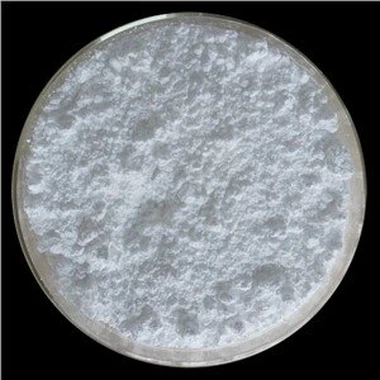Advantages And Disadvantages Of Silicon Carbide
Apr 27, 2024
As a widely used industrial material, silicon carbide (SiC) has proven to have many advantages. One of the most notable benefits of SiC is its excellent thermal conductivity, which makes it an ideal material for use in high-temperature applications such as power electronics and semiconductor manufacturing. In addition to its high thermal conductivity, SiC also has a high melting point, superior mechanical strength, and exceptional resistance to corrosion and oxidation.
Another key advantage of SiC is its electrical properties. Compared to other semiconductors, SiC has a wider bandgap, which makes it more suitable for high-power applications. This results in devices that can withstand higher voltages, operate at higher frequencies, and have lower losses than those made with traditional silicon-based semiconductors.
Furthermore, SiC is also environmentally friendly. Its production process generates less carbon dioxide emissions than traditional manufacturing methods, making it a more sustainable alternative.
However, SiC also has some drawbacks. Its properties can vary dramatically depending on the quality of its crystal structure, making it more difficult to manufacture consistently. Additionally, SiC is a relatively new material and has limited knowledge base and smaller number of skilled technicians that are able to work with it effectively.
Overall, it is clear that SiC offers many advantages that make it a promising material for a variety of industrial applications. Its excellent thermal and electrical properties, combined with its sustainability, make it a material of choice for our future industries.
Shengyang New Materials Co., Ltd. is committed to producing silicon carbide and silicon carbide processing products, and can customize various silicon carbide components according to customer needs. If necessary, please contact us.
Phone:+8618560961205
Email sales@zbsyxc.com
WhatsApp:+86139694302243






